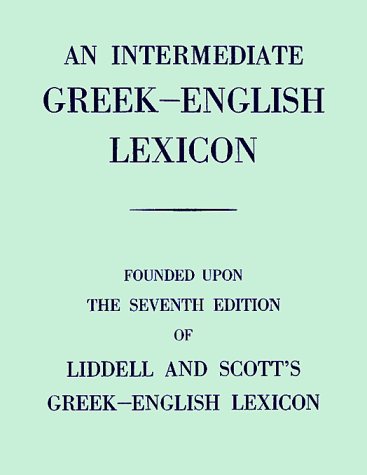|
GREK200/300/400-2 Directed Readings:
An Introduction to Plato The general aim of this course is to improve your Greek reading and comprehension skills and to expose you to a variety of texts in Greek. The specific goal of the course this semester is to read selections from the Gospel of John. Class will meet about 50 minutes per week. During this time we will translate, discuss and interpret the assigned readings. You are expected to come prepared to every class. Preparation means review of the reading from last class and work on the reading for the next class. You are expected to spent a MINIMUM of two hours a week preparing for class. Your course grade will be based upon the amount of time you spend in preparation for class, the quality of your preparation, your class performance, and an ORAL final examination. Other assignments may be made during the course of the semester. You may request a verbal evaluation of your performance at any time during the term. In general, you will be graded in this course based upon the "3 P's" of PREPARATION, PARTICIPATION, and PROGRESS.
About the instructor / Some Useful Greek Websites / Class Photo A word on academic honesty: You are encouraged to work with other members of the class. However, please do not try to recite another's translation. This is a form of plagiarism (copying someone else's work without giving credit) which is both dishonest and ineffective for your goal of learning Latin. Any student submitting plagiarized work will receive a failing grade for that assignment. If two papers with identical or nearly-identical work are submitted by different students, both papers will receive a failing grade. Caveat: This syllabus is subject to revision by the instructor, provided that written or verbal notice is given in class. This webpage was prepared by Professor Thomas J. Sienkewicz of Monmouth College. If you have any questions, you can contact him at toms@monm.edu. Return to Monmouth College Department of Classics Homepage
|
